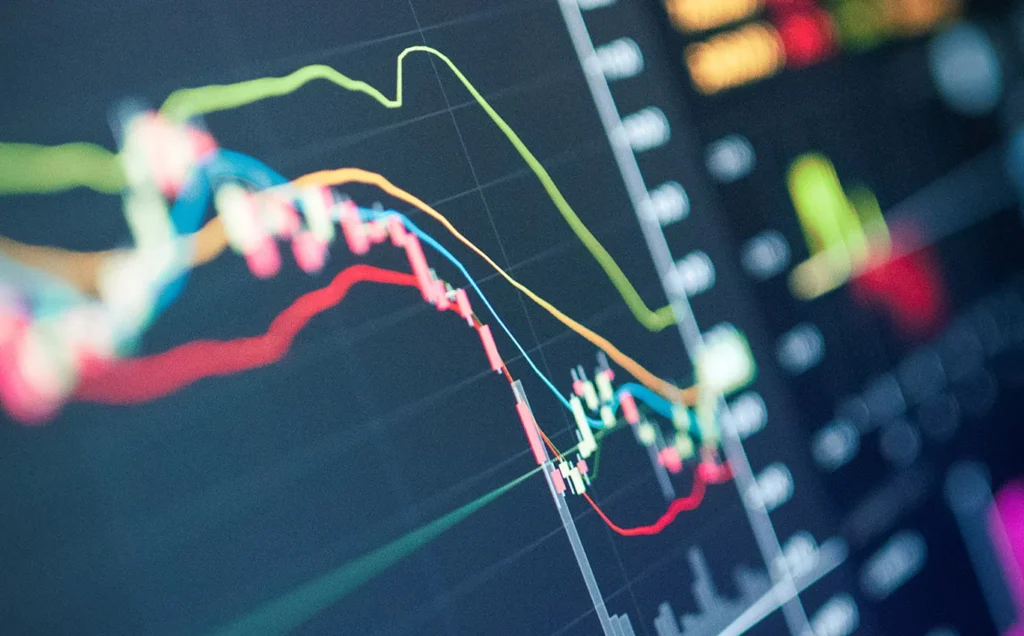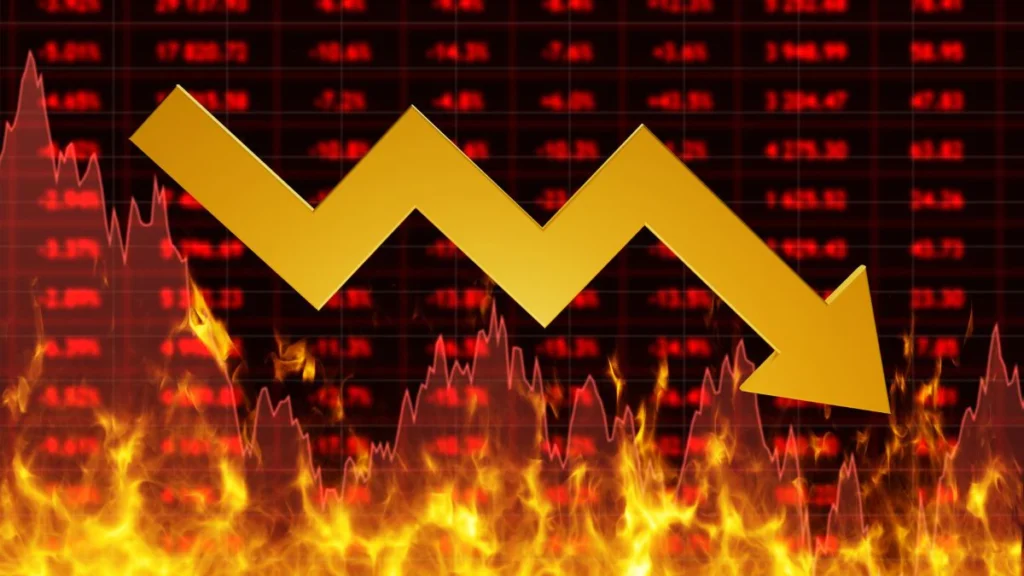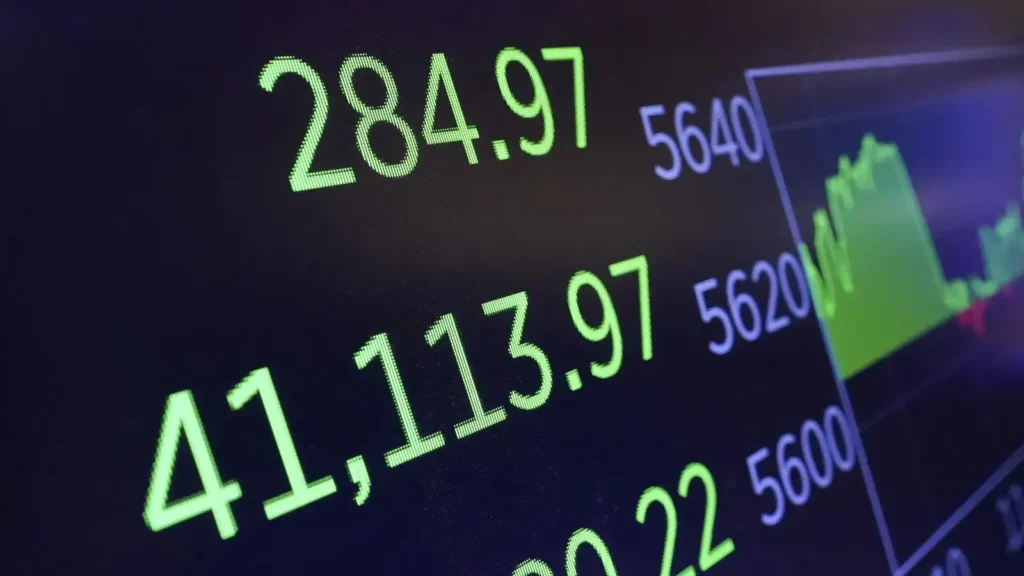Markets in Asia were jolted on Wednesday, as investors pulled back from risky valuations and technology shares took the hardest hit. Traders in Tokyo and Seoul, in particular, sold aggressively — the former’s benchmark share index fell as much as 7 %, before recovering a portion of those losses; the latter dropped by up to 6.2 % during the session.
Those sharp moves were widely interpreted as a wake-up call. After a prolonged rally in equities driven by hopes of artificial intelligence and generative-AI breakthroughs, many market watchers began to voice concern that valuations have run ahead of fundamentals.
In Japan, for example, a high-profile investor such as SoftBank Group saw its stock drop by as much as 14.3 %, reflecting how deeply tech-exposed the market has become.
For investors in Africa, Nigeria or anywhere really, the message is clear: when the global risk mood sours, even distant markets can feel the tremors.

Table of Contents
What’s driving the sell-off and what’s at stake
At the heart of this market correction lies a fundamental question: can the optimism that has carried stocks this year be sustained? Several major banks’ CEOs have publicly mused over this, raising red flags about valuations.
One analyst remarked: “Investors are sitting on huge stock market gains, and some might have taken profits today, especially in AI-related stocks.” The analogy to the dot-com bubble has even been drawn, as the speculative fervour around AI draws comparisons with earlier excesses.
Beyond tech, the sell-off has rippled across asset classes. The U.S. dollar, for instance, touched a five-month high before easing slightly, and the yield on the U.S. 10-year Treasury had dipped before bouncing back to about 4.08 %.
In the commodities space, gold rebounded after three straight days of losses, while bitcoin fell below US$100,000 for the first time since June, before recovering modestly.
For policy-makers and institutional investors in Nigeria and elsewhere, the implications are sobering: global valuation shocks can translate into liquidity pressures, capital-flow reversals and currency volatility. The world’s markets are interconnected—even if local fundamentals appear solid.

Regional markdowns and glimmers of recovery
While technology stocks bore the brunt of the decline, some regional markets showed uneven behaviour. For example, China’s shares (captured by the CSI 300 index) actually recovered to trade up about 0.5 % after an early dip. The encouraging move in China was supported by a one-year suspension of a 24 % additional tariff on U.S. goods (while keeping a 10 % levy) — a sign of some policy easing.
Elsewhere, the broad Asia‐Pacific index excluding Japan dropped as much as 2.3 % before finishing the day down about 0.9 %, according to Reuters.
These mixed results show that while global markets are under pressure, the impact is varied and may offer tactical opportunities for discerning investors. On the one hand, high-flying tech stocks are now being questioned; on the other, more value-oriented or regionally-exposed assets may find support.
What this means for African investors and how to navigate
For investors in Nigeria and across Africa, it’s easy to feel far removed from the gyrations of Tokyo or Seoul’s tech stocks — but the ripple effects matter. Currency pressures, shifts in global commodity demand, foreign-portfolio outflows and tighter global financing conditions are all key channels through which global market stress filters into emerging markets.
Here are three practical takeaways:
- Reassess tech exposure: If you hold funds or equities with heavy tech weighting or high valuation multiples (especially those tied to global AI themes), this could be a moment to check whether the risk is appropriate for your time horizon.
- Diversify thoughtfully: With global risk appetite wobbling, spreading exposure across sectors and geographies, including local assets, can help cushion impact. Consider assets with more defensive attributes or earnings bases anchored locally.
- Watch global policy signals: Moves in global yields, currencies and tariffs matter. For example, slower growth in major economies or sharp tightening of financing conditions can weigh on African markets. Staying alert to those signals can inform timely portfolio adjustments.
Personally, I’ve been reminding my contacts in Nigeria’s investment community that caution doesn’t mean panic — but it does mean preparation. The rally may resume, yet the volatility is a timely reminder that markets are rarely straight lines. In my own conversations with fund managers this week, the refrain is consistent: “We’re taking some profits, trimming the froth, and making sure the ship is tight.”
This correction may feel uncomfortable, but it may also be a healthy recalibration. A thoughtful, measured approach now might save a lot of stress later.

Conclusion
Global markets were jolted by valuation fears while the tech sector copped the worst of it. For investors in Nigeria and beyond, the episode underscores the importance of vigilance, diversification and alignment with underlying fundamentals — not just momentum. The big question now: will the rally resume or are we witnessing the start of a more sustained downturn? Only time will tell, but preparation matters.
Join Our Social Media Channels:
WhatsApp: NaijaEyes
Facebook: NaijaEyes
Twitter: NaijaEyes
Instagram: NaijaEyes
TikTok: NaijaEyes





